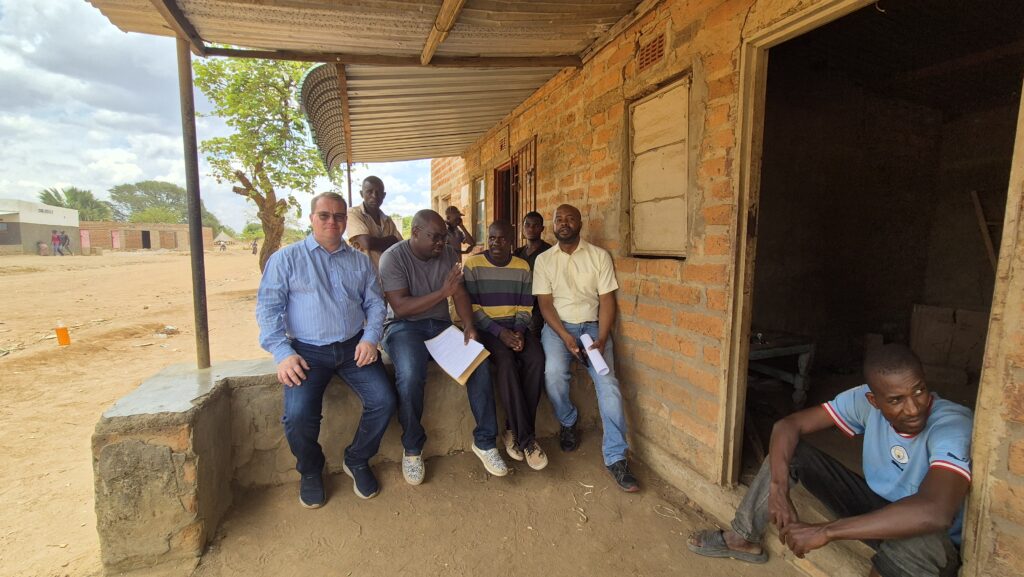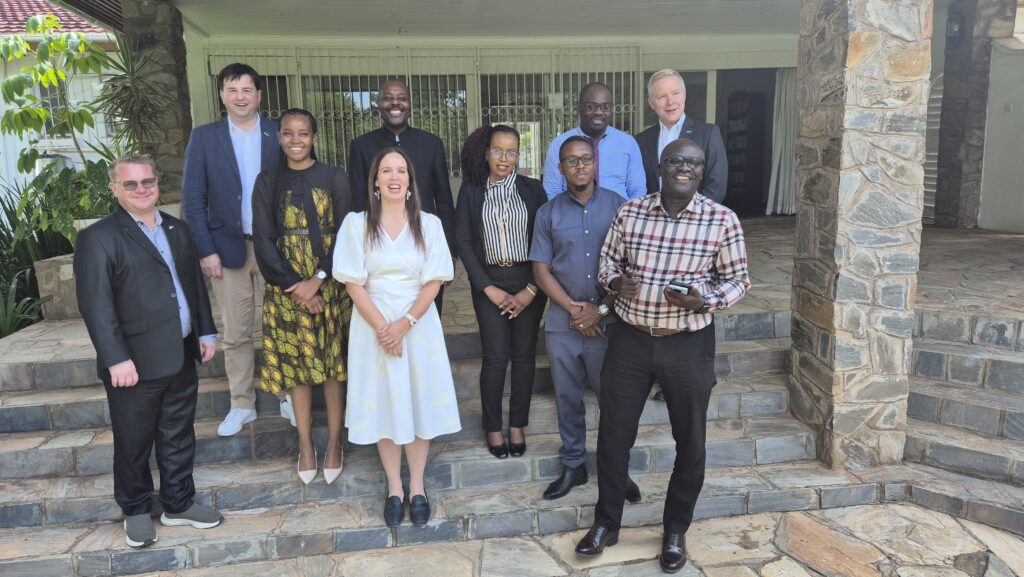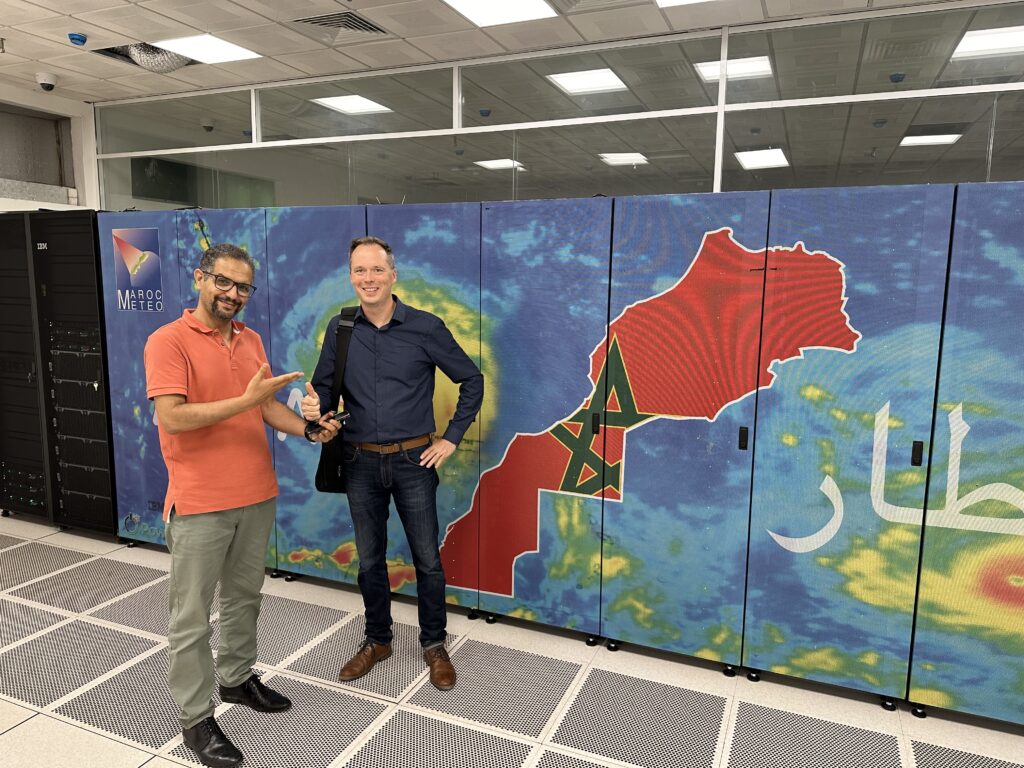Insights into AI from Zambia: My Secondment Journey
The African Digital and Green Transition (ADGT) is a project funded by the Ministry for Foreign Affairs of Finland and implemented by HAUS. Through this project, Finnish experts are seconded to public sector organizations in African countries for 3–5 months. This cooperation supports local digitalization efforts and opens doors to sustainable partnerships with Finnish organizations.

Oula Järvinen / Gofore Plc
For the past three months, I have had the privilege of working as a seconded expert at the Ministry of Technology and Science in Zambia, collaborating with local stakeholders in the field of Artificial Intelligence (AI). In November, our joint effort culminated in the publication of Zambia’s National AI Strategy – one among the first AI strategies on the continent. The secondment has been a truly unique experience, underscoring how different nations can align on ethical principles for AI while addressing their specific challenges.
Bridging Two Worlds with Shared Values
Although Finland and Zambia differ in geography and developmental contexts, I was struck by the surprising similarities between the two nations. The calm atmosphere of Zambia resembles that of Finland, allowing me to quickly feel at home. Similar to Finns, Zambians have a deep appreciation for nature, which is woven into everyday life and reflected in cultural norms.
These shared values, along with the locals’ openness to international cooperation, created an excellent foundation for technological collaboration in AI strategy building.

Zambia’s AI Strategy: A Vision for Tangible Progress
Zambia’s National AI Strategy (2024–2026) is designed to deliver immediate societal benefits while laying the groundwork for long-term growth. Key highlights include:
- Governance and Ethics: Establishing a National AI Council to ensure ethical, equitable AI implementation and adherence to international frameworks.
- Human Capital Development: Integrating AI into education and professional training, particularly in underserved areas.
- Infrastructure Enhancement: Expanding broadband access, cloud services, and data repositories to support diverse AI applications.
- Sectoral Impact: Prioritising AI-driven solutions in agriculture, healthcare, education, mining, and public services to address critical challenges.
A unique aspect of the strategy is its focus on leveraging current technology and infrastructure to deliver rapid, practical improvements in everyday life. This results-oriented approach creates opportunities for inclusive economic growth. It also opens new outlook for co-operation with countries like Finland, whose advanced expertise in digital transformation complements Zambia’s practical, inclusive vision.
Key Contributions of the secondment
My role in the process of strategy building was to offer advisory and editorial services to the Ministry of Technology and Science. The secondment made it possible to conduct key background studies, such as exploring of AI-powered opportunities to enhance digital inclusion in underserved areas.
Successful implementation of the strategy builds on local engagement. By delivering university lectures and hosting workshops for the government, private sector, and the academia, I had the privilege of deepening of collaboration among key stakeholders in the field of AI. Participating events such as the Zambian Innovation and Technology Summit ITS-ZED was a great opportunity to foster discussion about the potential of AI. This was also a great networking opportunity for myself and Gofore, opening doors to future cooperation after the secondment.

Reflections and Aspirations
It has been inspiring to see how Zambia, much like Finland, prioritises societal well-being, environmental stewardship, and inclusive progress. Their strategy serves as a model for leveraging AI to achieve rapid yet sustainable results, bridging the gap between ambition and action.
As I return to Finland, I carry valuable lessons from Zambia— a nation embracing AI with ingenuity and heart. These shared experiences and values offer a promising pathway for deeper cooperation, fostering innovation that benefits both nations and sets a standard for global partnerships in technology and development.
Digitalisation is taking a leap forward in Africa, and the demand for expertise in trusted connectivity and digital services is increasing.
HAUS assists Finnish companies and public organisations to access new EU funding instruments and build partnerships with African countries based on Finnish good practices in digitalisation.
Read more